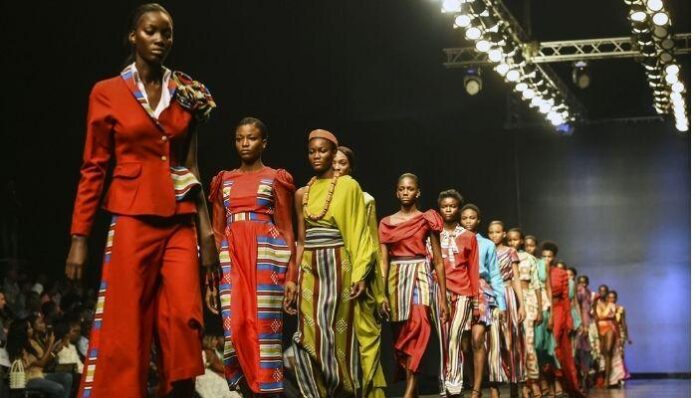Stakeholders in the women’s fashion industry have called for innovation and sustainability to boost the quality of locally made garments and enable the country to compete in the African and global markets.
In an interview with journalists at the unveiling of the Garment Innovation and Sustainable Production Hub in Lagos at the weekend by the Association of Women in Fashion Tech, stakeholders highlighted the role of innovation and sustainability in increasing the value of Nigerian fashion products.
WIFT unveiled its Garment Innovation and Sustainable Production Hub with the Central and Eastern European and West African Business Association and UN Women.
The President of WIFT, Bukola Ajani, said that the hub would provide a collaborative space for fashion entrepreneurs to improve product quality, protect intellectual property, and promote eco-friendly production.
She said, “We discovered that it is important that we have a space for our community, where they can work together as a team, share ideas, share knowledge, and come up with something innovative enough to work with.
“We must protect our innovative designs, and one thing that we did was to build a blockchain-based virtual try-on store where you don’t even need to wear the physical clothes. We also just finished working on our banana fiber Asoke, where we use banana fiber for Asoke production.”
Ajani explained that the hub, located at the Isheri North GRA, aims to provide designers with a working space and some accommodation for projects.
“The hub is for our members, but it’s equally open to the public. So, if you don’t have a machine, you don’t even need to break the bank to set up your facility. You can come to our hub for your production,” the President of WIFT noted.
Ajani, who is also the Chief Executive Officer of Garment Business Consulting Limited, stressed that with the implementation of the African Continental Free Trade Area, Nigerian producers must raise their standards.
According to her, “For us to be trading with one another under the AfCFTA, we can’t be selling mediocre goods. We must improve our production and quality so that we will be able to compete within the continent.”
She further stated that the hub will provide affordable access to production facilities, a database of skilled tailors, accommodation for designers during training or extended projects, and programmes such as boot camps to build capacity.
Ajani, however, urged the Federal Government to support the initiative by discouraging the influx of imported ready-to-wear garments, stressing that “our women are ready” to produce for Nigeria and the world if given the right backing.

